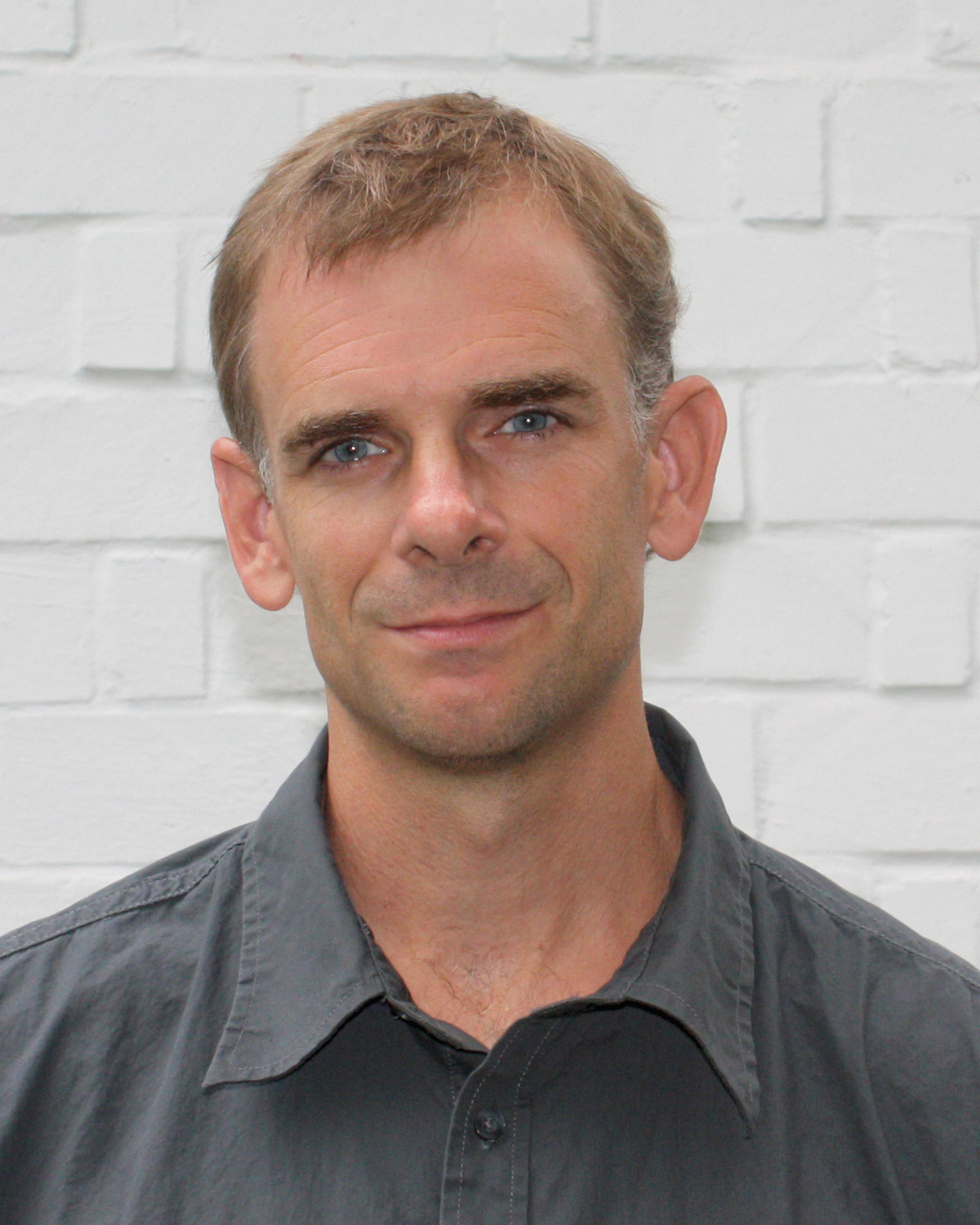Charlie Hailey, Ph.D.
Professor of Architecture
College of Design, Construction and Planning
2024 Awardee
Charlie Hailey is an architect, writer and professor who specializes in emergent built environments — in other words, those in the early stages of development. His interdisciplinary projects seek to tell the stories of marginal places, understand cultural landscapes and discover links between human agency, settlement patterns, and ecology.
As a Guggenheim Fellow, he sought to understand how climate, building, and community overlap in meaningful ways and how architecture and the humanities intertwine. At UF, where he was named the 2018-19 Teacher/Scholar of the Year, Hailey teaches design, history, and theory.
Hailey has written six books that bring multidisciplinary approaches to built environments. His most recent work “The Porch: Meditations on the Edge of Nature” explores the porch as method and place — an architecture where we tune ourselves, sometimes ever so subtly, to the many changes around us. Timeless and timely, it is a book about the joy and gravity of places where inside and outside meet.
As a Fulbright scholar in 2023, he led a team of Eastern Mediterranean University students who designed and built an outdoor classroom for an elementary school in Cyprus.
Hailey’s design and research have also led to books that explore camping as a way of making a home and camps across the world as contemporary spaces of freedom. In one book, Hailey studied the Southern California desert community of Slab City as both harbinger and bellwether — a camp that is indicative of 21st-century displaced settlements and a place built around struggle and survival. He has also investigated human-made islands as newly emergent places that require innovative approaches to design, environment, climate, and conservation.
In Spring 2021, he was a master artist in residence at the Atlantic Center for the Arts in New Smyrna Beach, where he designed and built a project titled “Porch without a House” as a permanent installation on the campus. He is currently writing a book that explores the meaning and significance of Florida’s fish camps as resilient places where water and land meet.


